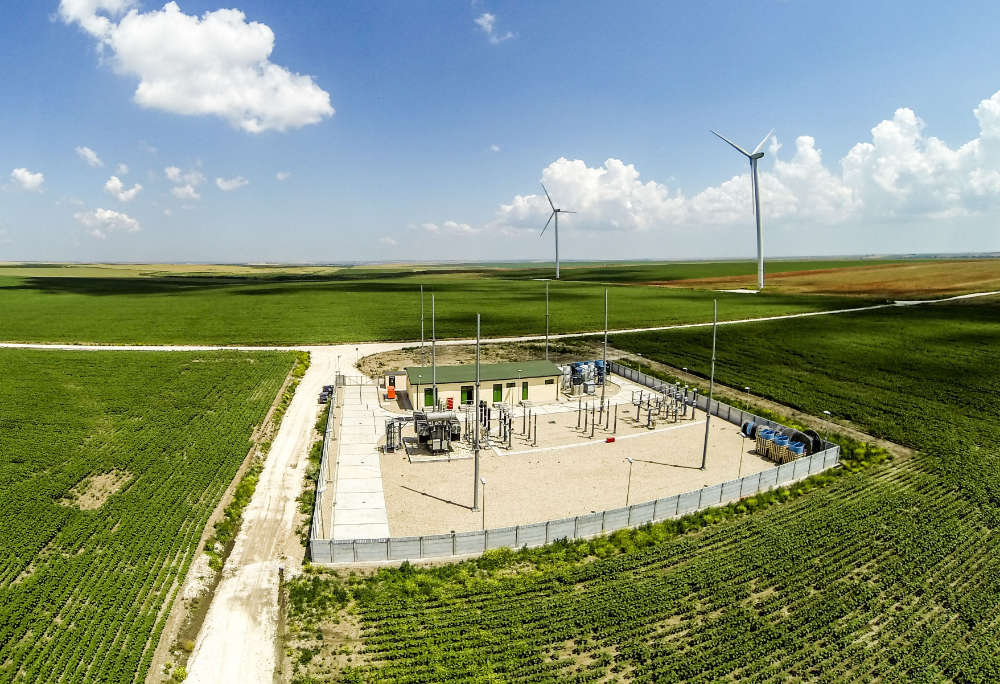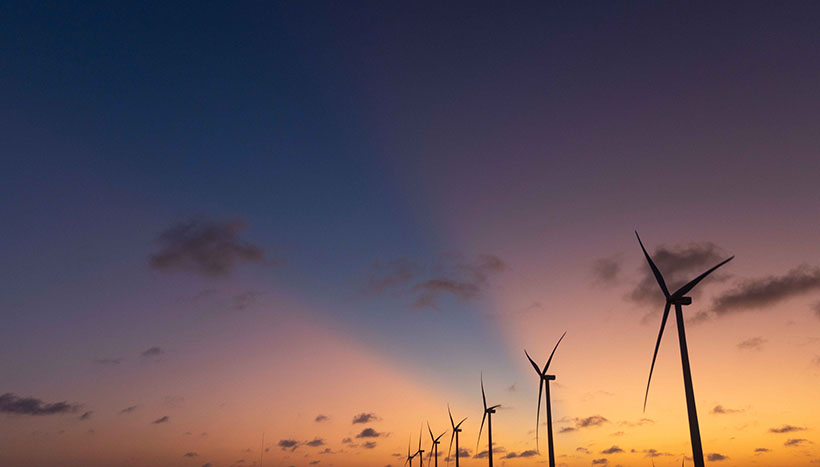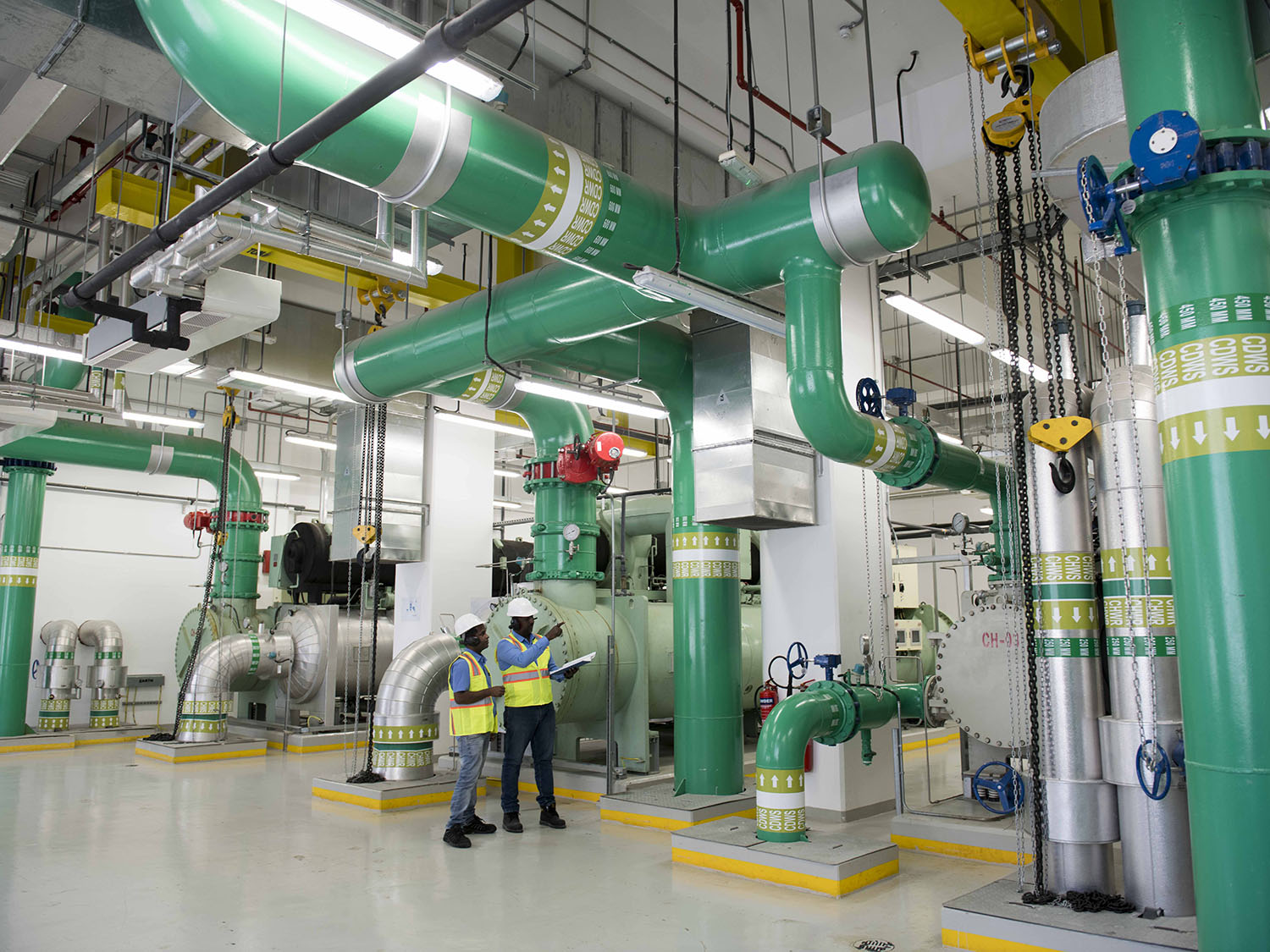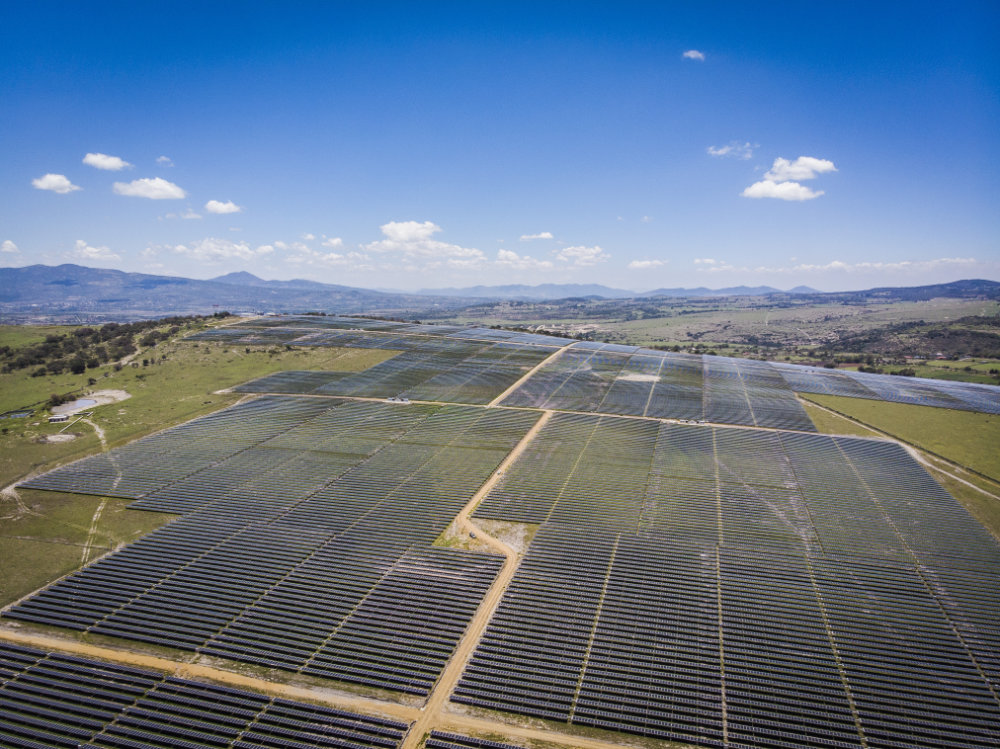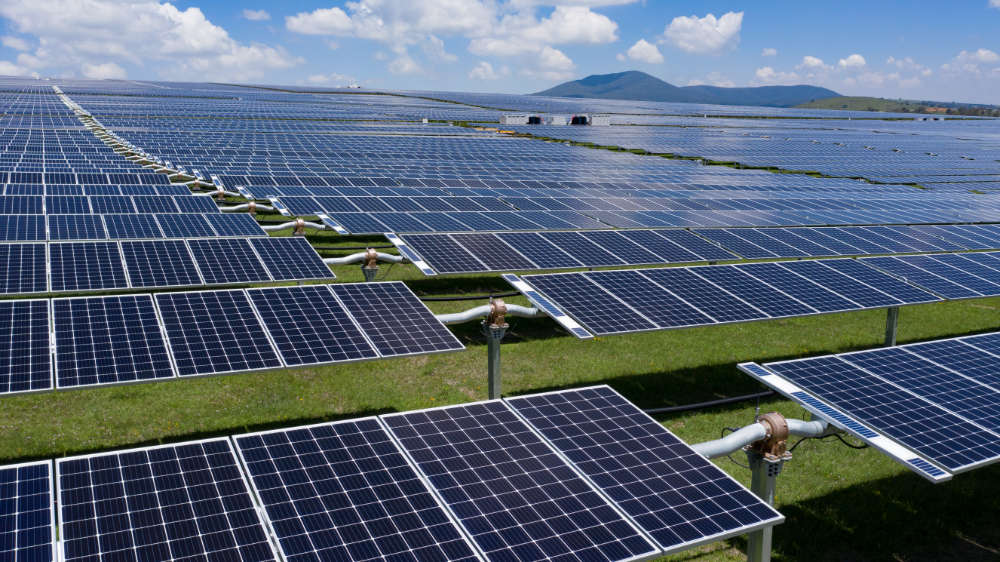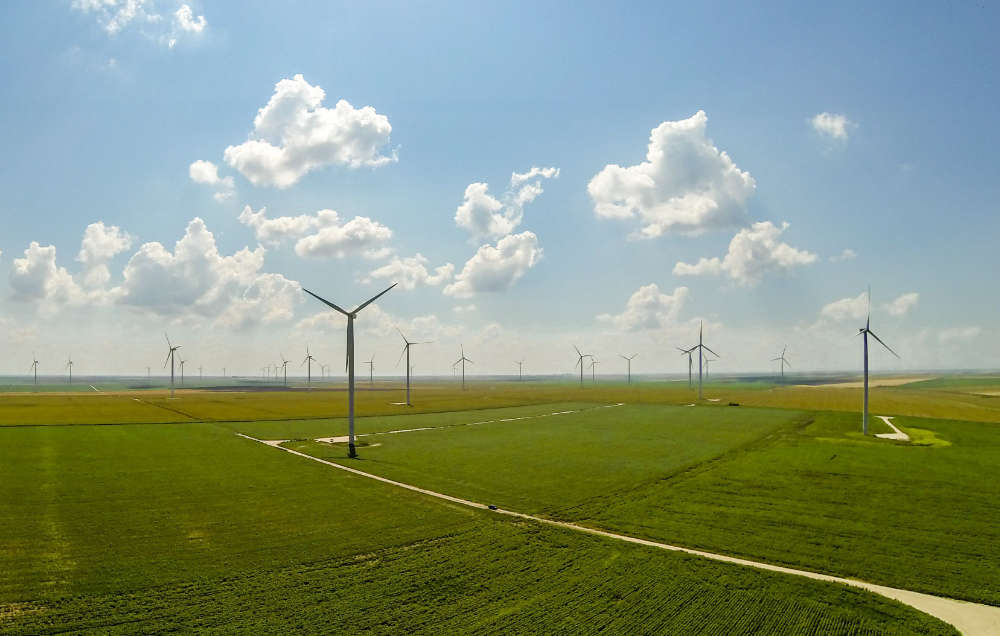The crisis in Ukraine has added a new complication to Central and Eastern Europe’s existing energy trilemma, one that is shared by many other countries. Their issue is how to enhance energy security, protect the interest of consumers, and meet sustainability goals, all at the same time. Historically, these three policy objectives were in conflict. The abundance of cheap domestic and imported hydrocarbons, coupled with a transmission grid designed with fossil fuels in mind, meant customers’ bills were kept low. The need for energy security was therefore often an afterthought. Meanwhile the relatively low capacity of renewables – with the exception of offshore wind – meant making progress towards the region’s environmental goals required market interventions. Indeed in order to achieve the environmental sustainability objective of the trilemma, fiscal resources needed to be spent on subsidising renewables – which in turn fed back to consumers through higher costs.
In order to reduce their dependence on coal and other dirtier fossil fuels, much of Europe, has prioritised gas generation. In Germany this was given added weight by the policy stance of Ostpolitik, which sought to build trade ties with Russia and other former countries in the USSR, leading to an exceptionally high reliance on Russian gas.
Yet even before the crisis, the balance between the three policy objectives was shifting. With the dramatic fall in the costs of renewables, the relationship between consumer affordability and environmental sustainability had altered, meaning they were no longer in conflict. Now, the geopolitical developments of the past year have brought further changes.
The war in Ukraine has increased the importance in Central and Eastern Europe of the other arm of the trilemma: energy security. A previous overreliance on natural oil and gas supply from Russia, coupled with the surge in the price of fossil fuels, has brought the problems caused by the lassitude of governments to enable a greater share of renewables in the generation mix into stark relief. While Europe is scrambling to build new Liquified Natural Gas terminals, open up new routes to the Caucuses and improve gas transmission corridors, an electricity system based on a natural gas backbone looks a shakier proposition than it did just one year ago. Indeed, ironically, the hunt for greater diversity of energy supply is pushing some governments to reopen some of their most polluting coal-fired power stations, in clear violation of climate-based investment principles.
“The war in Ukraine has increased the importance in Central and Eastern Europe of the other arm of the trilemma: energy security.”
Not every country in Europe faces the same landscape
The Baltic countries for example have generally been more dependent on Russian gas than countries further afield, such as Spain and France, which are less reliant upon it. Across Central and Eastern Europe, the picture is also troubling. The EU’s internal gas transmission mechanism is not perfect, meaning supply problems will be distributed unevenly. Bulgaria, which has been heavily dependent on Russian gas, had its supplies cut in April, and is likely to be severely impacted. Even Romania, which has its own production capabilities, is likely to be significantly affected, as are countries such as the Czech Republic. It is arguably in countries like these that governments’ past failures to diversify sources of fuel supply and underprovide for sufficient energy security has most significantly enhanced the already strong case for renewables.
Across the whole of Europe, governments are accelerating their rollout of Contracts For Difference (CFDs), market price stabilisation tools which are intended to reduce the costs of capital to finance new generation projects. Meanwhile, with consumers facing rapidly rising costs of energy and the continent’s electricity market being remarkably short-term in nature – very few firms buy power more than one year ahead – more and more commercial and industrial consumers are looking to contract with renewable energy generators directly, disintermediating utilities.
The fact that there is now a greater imperative for energy security, and that the price of renewables has fallen enough to make them an attractive investment proposition without subsidy, represents a huge opportunity for banks and investors. Many countries are planning to double or treble their renewable investment by 2030. Indeed the targets are even greater across much of central, eastern and southern Europe, where the levels of coal generation are particularly high.
In 2021 we developed a proprietary Transition Tool to support decision-making in the investment process on alignment with the climate transition The tool, which was developed in collaboration with consultants SYSTEMIQ is used to systematically evaluate Actis’ investments and consider how they align to a Net Zero economy.
The tool enables Actis to direct capital to assets that enable and accelerate the low-carbon transition and can be aligned to a net-zero economy. The tool identifies assets as “green” (Paris/NZ-aligned), misaligned (where we will not invest) or somewhere in between which is “olive” (has a role in the transition). Actis will only invest in “olive” assets if there is a clear path to decarbonisation and/or it can be shown that there is no viable alternative. The tool also helps Actis identify what can be done during our ownership to decarbonise olive assets to become “smart olive” and helps to design pathways to transition assets to Net Zero. The Tool is used on every deal and is presented during Investment Committee to ensure a systematic and robust assessment of climate transition risk.
“The business will use Actis’ Transition Tool to help select investments that will have the biggest impact on their countries’ moves towards net zero.”
Actis has recently launched Rezolv Energy, an independent clean energy power producer to build a new era of sustainable power in Central and South-Eastern Europe. It aims to build a multi-gigawatt portfolio of wind, solar and energy storage which will help companies and countries across the region meet their energy needs in response to the energy security challenges and the need to embrace climate policies. The business will use Actis’ Transition Tool to help select investments that will have the biggest impact on their countries’ moves towards net zero.
Looking to the future, both private institutions and governments are likely to focus on diversity of supply to increase energy security and accelerate their moves towards maximising the role of renewables in the generation mix. Governments in the region are showing a significant appetite to make changes to grids and power infrastructure in order to equip them to be ready for a greater share of renewable energy. Europe’s electrification and decarbonisation programmes are also aimed at making fossil fuels less attractive, through carbon pricing and altering regulations around permits.
Gas – although maybe not as much from Russia – will continue to play a role as an enabler of the transition thanks to its lower carbon intensity, however dispatch rates will be uncertain, so governments may need to follow the UK’s example and introduce capacity auctions. New nuclear power may need the same, or a CFD structure similar to that seen with the UK’s Hinkley Point project.
When it comes to renewables, generators are likely to have options to contract through government-backed CFD tenders, contract with long-term Power Purchase Agreements with commercial offtakers, or sell directly to the market. Battery storage will become increasingly important as operators seek to manage inter-hour intermittency. In addition, the green hydrogen market may well develop at pace, offering the market the opportunity to decarbonise hard-to-abate sectors and manage seasonal renewable intermittency.
“Gas – although maybe not as much from Russia – will continue to play a role as an enabler of the transition thanks to its lower carbon intensity.”
The crisis in Ukraine has highlighted much of Central and Eastern Europe’s energy dependency on Russia. But it has also placed an added impetus on the region’s need to accelerate the pace of renewable infrastructure development. Countries including the Czech Republic, Bulgaria and Romania are likely therefore to need to accelerate their commitment to renewable energy. The war has proved the need for a new emphasis on clean power, one which can help the continent in reaching its own goals of greater energy security.
